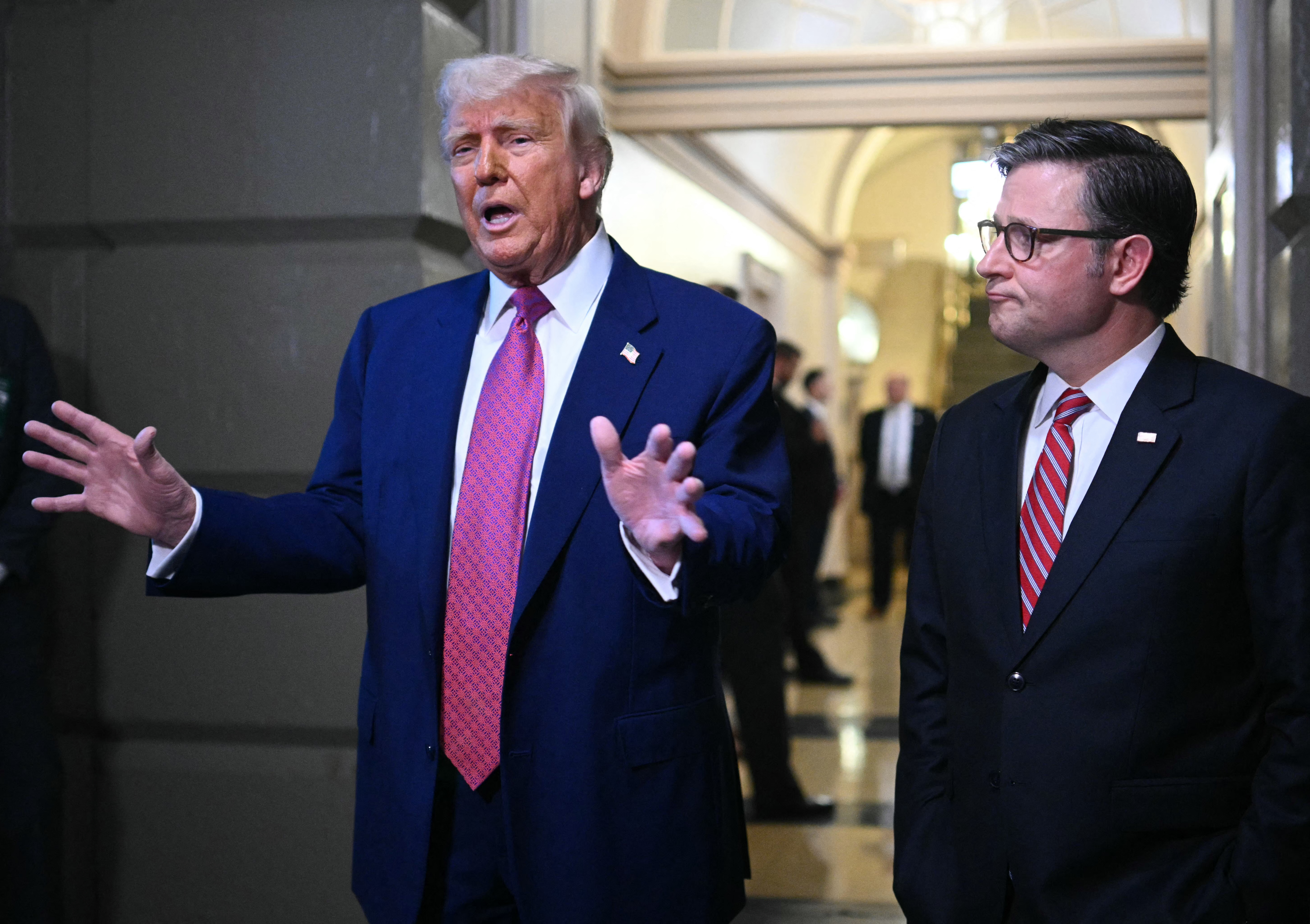Trump’s 'Big Beautiful Bill' could give AI firms more freedom than ever. What to know.
A provision in Trump’s big bill could block state AI laws for 10 years, giving companies a clearer path forward.

President Donald Trump's spending and tax package, referred to as the "One Big Beautiful Bill," got a big win on Sunday for one provision that could change the entire tech landscape when it comes to AI.
The bill, which passed the House of Representatives in May, is currently in the U.S. Senate, where it’s undergoing a review by the Senate parliamentarian to confirm whether its provisions comply with Senate rules. This process is known as a Byrd Bath, named after Sen. Robert Byrd of West Virginia.
A provision in the bill putting a 10-year moratorium on any enforcement of state and local AI laws received the green light from the Senate parliamentarian on Saturday, according to a report from Bloomberg. This would give the AI industry a big advantage, as it wouldn’t have to worry about conflicting state laws imposing different requirements for AI. States that attempt to enforce AI regulations would be denied federal funding for broadband internet projects under the bill.
There are Senate Republicans who oppose this moratorium, including Sen. Marsha Blackburn from Tennessee and Sen. Josh Hawley from Missouri.
“We do not need a moratorium that would prohibit our states from stepping up and protecting citizens in their state,” Tennessee Republican Senator Marsha Blackburn said last week, according to The Tennessean.
While this provision has cleared the Senate parliamentarian's review, others have not, Bloomberg reports.
Senate Republicans are looking to pass the bill this week in hopes of having it ready for Trump's signature by July 4.
Sign up to receive The Snapshot, a free special dispatch from Laptop Mag, in your inbox.

What's at stake with the AI law freeze?
AI is the most important trend happening right now within the tech industry across the globe. GrandViewResearch estimates the global AI market to be worth nearly $400 billion and will approach $2 trillion by 2030. OpenAI, the company behind ChatGPT, is itself worth nearly $300 billion as of March.
Not having to worry about state regulations gives the AI industry a clear path to build AI in ways that benefit the bottom line. There's also a concern that regulations put on AI would hamper progress within the U.S., with some company executives, such as Nvidia CEO Jensen Huang and Arm CEO Rene Hauss, warning that China could surpass the U.S. if the industry is too regulated.
There is, however, some pushback against giving the AI industry free rein.
Dr Eric Horvitz, Microsoft’s chief scientist and a former technology adviser to Joe Biden, says the ban on state AI laws will slow down the development of the technology, not speed it up, according to The Guardian.
“It’s up to us as scientists to communicate to government agencies, especially those right now who might be making statements about no regulation, [that] this is going to hold us back," Horvitz said at a meeting of the Association for the Advancement of Artificial Intelligence last Monday, The Guardian reported. “Guidance, regulation … reliability controls are part of advancing the field, making the field go faster in many ways.”
Almost all of the 50 states have AI legislation pending, with a few already being signed into law by their governors. Last September, California was set to pass an AI safety bill that included many regulations, including requiring all AI companies to have a "kill switch" in case the technology went rogue or was misused. California Governor Gavin Newsom vetoed that particular bill, but did sign other AI regulations last year, with more than 30 bills currently making their way through the state legislature.

A veteran journalist and award-winning podcaster who specializes in reporting on conspiracy theories, misinformation, business, economics, video games, and tech.
